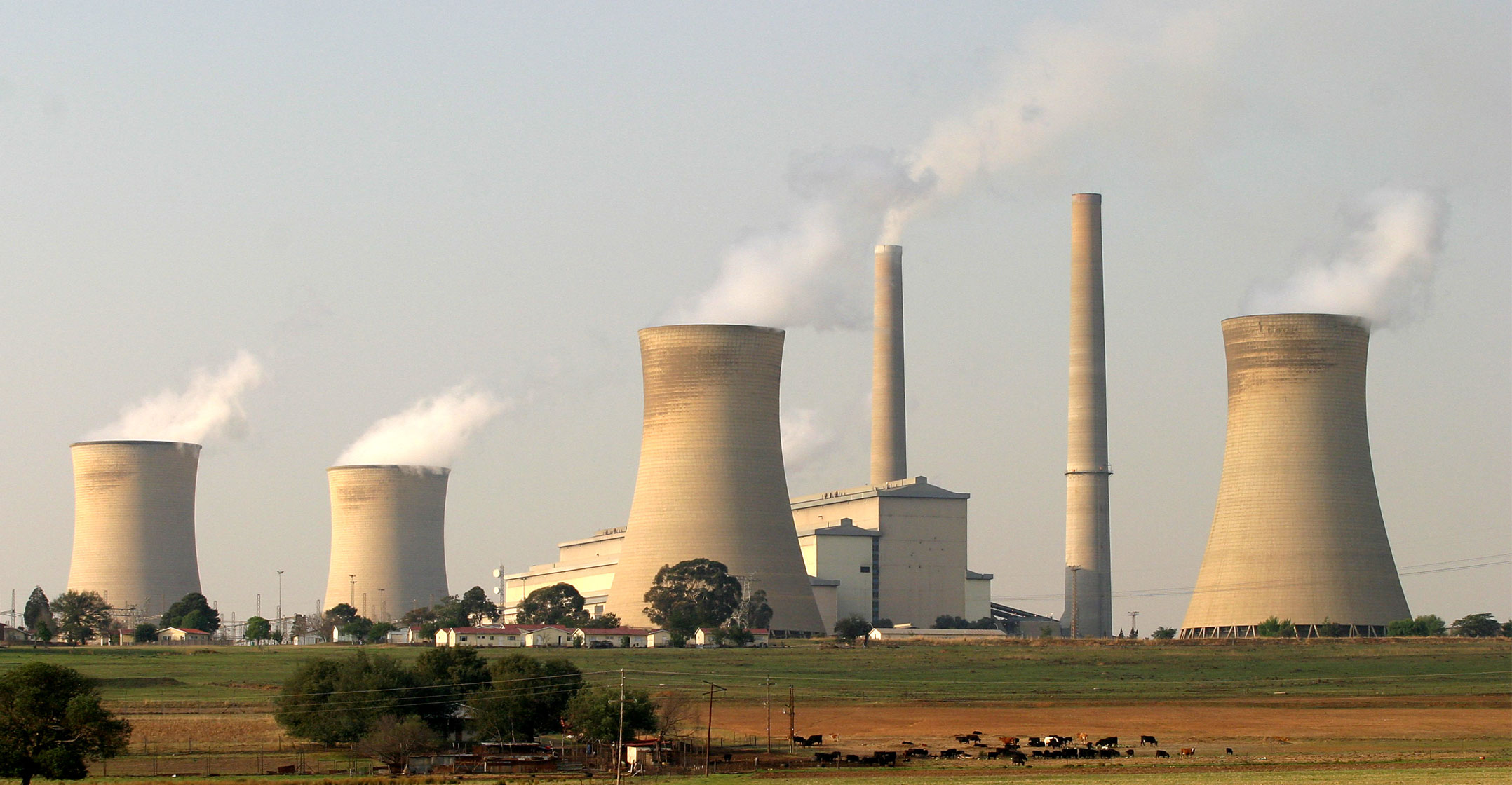
Eskom will implement stage-four load shedding until at least Tuesday as the effects of the tropical cyclone in Mozambique and problems at the company’s power plants continue to put severe pressure on the national power grid.
Eskom said in a statement on Sunday evening that stage-four rotational power cuts will be implemented on Monday, 18 March from 9am to 11pm “due to a shortage of capacity”. Stage-two shedding is expected to continue throughout the night on Sunday and into Monday morning.
Stage four requires 4GW of power to be cut from the grid, while stage two involves removing 2GB of capacity. During stage four, only 80% of South Africa’s power demand is being met.
“Eskom’s maintenance teams are working around the clock to return generation units to the electricity system,” the company said.
In a separate statement, the department of public enterprises said its minister, Pravin Gordhan, met with the Eskom board on Sunday about the “financial and restructuring issues” confronting Eskom.
“Board members and minister Gordhan were briefed over several hours about power supply shortages caused by problems with coal supply and the quality of coal provided to Eskom, low dam storage levels at hydro plants, diesel supply shortages both to the country and to Eskom, the collapse of power supply imported from Cahora Bassa due to the natural disaster in Mozambique, and a large number of tube failures and breakdowns at local coal-fired power stations”.
Tropical cyclone
“During this time, the effects of the cyclone in Mozambique and Zimbabwe that caused havoc in both countries also resulted in the collapse of transmission (lines) from Cahora Bassa and level-four load shedding,” the public enterprises department said.
“It’s clear that greater urgency needs to be applied to acquire equipment necessary for urgent maintenance. We agree with South Africans that the continuation of frequent load shedding, and, in particular, stage-four load shedding, is unacceptable and disruptive to our economy,” Gordhan said in the statement.
“National treasury and the department of public enterprises have committed to assist Eskom to fast-track, with the appropriate oversight, the procurement of essential goods and services that is required to urgently rehabilitate and repair generating units at local power stations,” the minister said.
 “Closer examination is also required of the quality of coal delivered to and accepted at Eskom power stations and the further delegation of powers from Eskom’s head office to power station managers.”
“Closer examination is also required of the quality of coal delivered to and accepted at Eskom power stations and the further delegation of powers from Eskom’s head office to power station managers.”
A technical review team began its work last week and will intensify its review of operations at power plants this week, he said. “The team will provide important information about plant unit failures and what urgent measures can be implemented to ensure power stations operate at optimal levels.
“The South African public is requested to understand that many power stations are between 37 and 50 years old and many operate at sub-optimal levels due to their age. We have asked Eskom to work with municipalities that supply power to large industrial users and businesses to minimise the disruptive effects of load shedding for our economy.” — © 2019 NewsCentral Media




